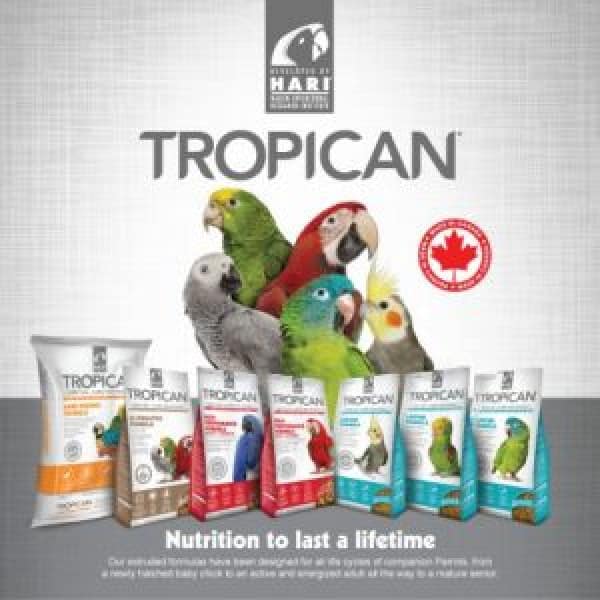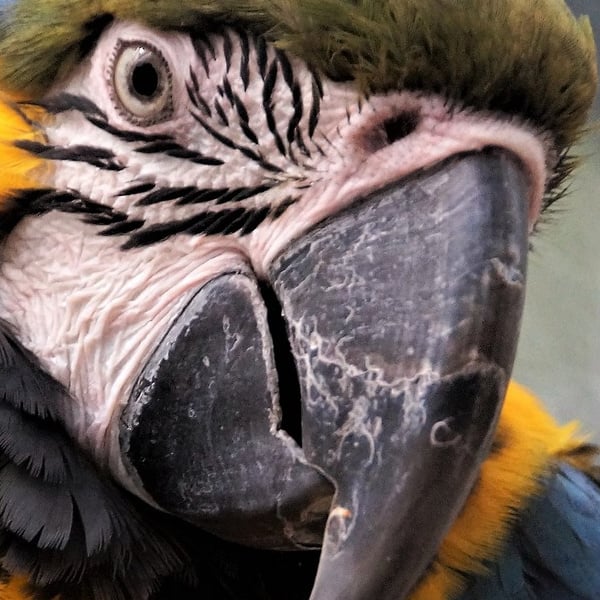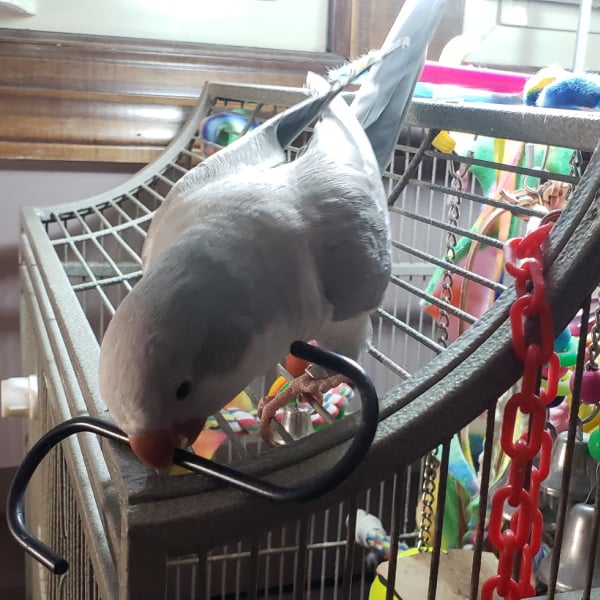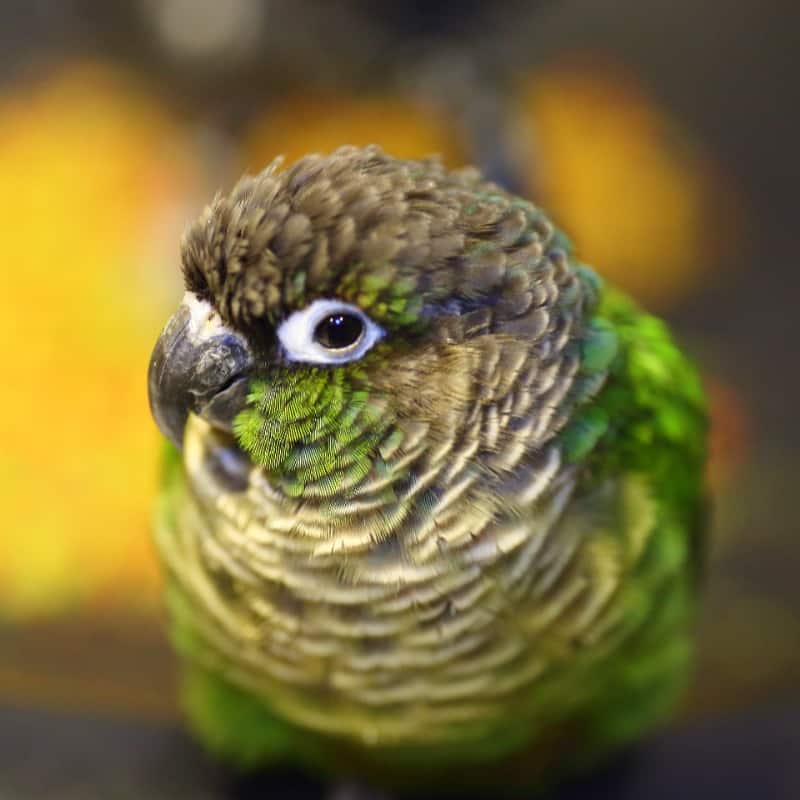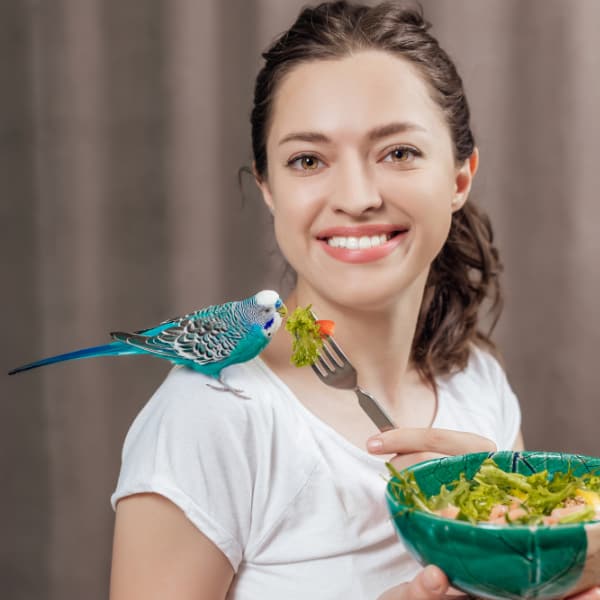How to Remodel a Cage to Reduce 2 Bird’s Hormonal Behavior?
This thread took place during the entire month of December 2020.
Spoiler alert (also found at end of the post)
Hi Catherine I don’t know if you got my email from the other day about the lighting treatment for Reggie’s hormones.
It did the trick.
She is so much friendlier to Kiwi there was just one time she went at him when he was on his stand but it wasn’t as bad as it was before the lighting treatment.
I know you are probably so busy I just wanted to know if she starts to show aggressive behavior do we do the 72 hr or 7 days she is still a little hormonal but not nearly as bad she loves going under my blanket lol.
Thanks again for your advice it was the best Christmas present we could have asked for.
️
Begin thread

